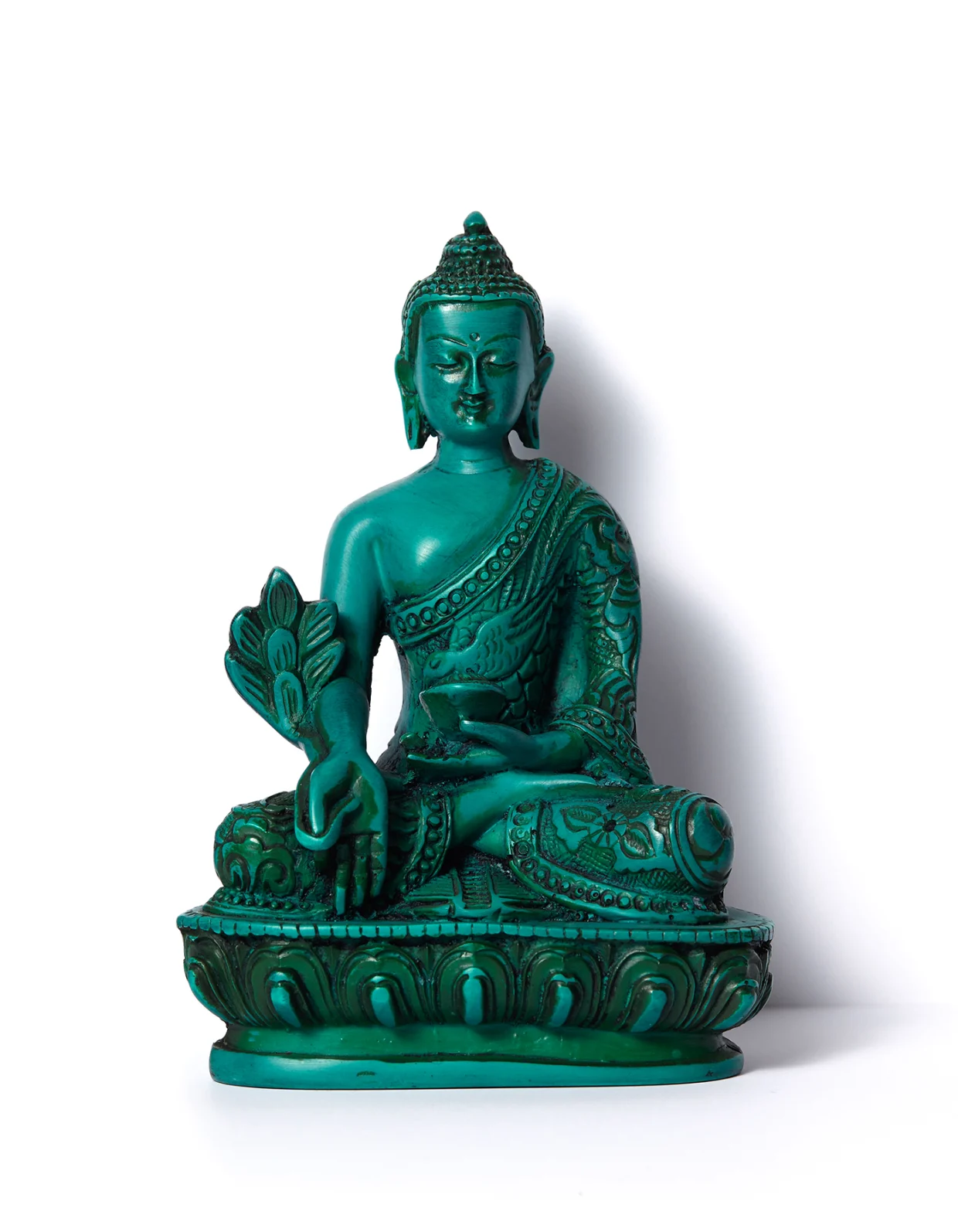3 Therapist-Approved Tips to Beat the Winter Blues

The winter blues signal your out of balance.
- ELIZABETH WINKLER

If you feel the pangs of the winter blues like clockwork each year, it’s important to note that you’re neither broken nor alone. Better yet, you’ll want to remember that we’re slowly but surely inching our way to brighter days—both metaphorically and literally—as spring is nearly upon us.
However, if you need help in the meantime to regain some pep in your step, there are many simple ways to do so. We asked Elizabeth Winkler, LMFT, a therapist and certified meditation teacher based in Beverly Hills, for her top tips on beating the winter blues.
What are the winter blues?
Above all, Winkler says that the winter blues signal that you’re out of balance. As she explains, “You can still do your daily tasks but have little motivation. You sleep in, you procrastinate, waves of sadness roll through, you have sleep disturbances, low energy, heightened irritability/moodiness, or you watch TV beyond your regular bedtime.”
Essentially, if you have the winter blues, you likely experience sadness and listlessness largely during the colder, shorter, darker days of winter. When these symptoms go unaddressed and worsen, seasonal affective disorder (SAD) may occur, which is a similar but more severe mental health issue. “SAD has deeper symptoms and they often interfere and affect your ability to function,” Winkler summarizes.
If you experience the winter blues, you’ll need to take steps to avoid negative thoughts and feelings from evolving into more serious risks.
How to beat winter blues
1. Limit your intake of news If you’re prone to checking the news the second you wake up or constantly throughout the day, you might want to take a breather for the sake of your mental health. “Negative news feeds the reptilian brain within each of us, which is on the constant lookout for danger,” Winkler explains. “This activates your amygdala, which causes you to be hypervigilant and shuts down your prefrontal cortex, the key to creating new habits and making complex decisions.”
As important as it is to stay informed about current events, it’s also essential to make sure that your mental health doesn’t suffer as a result—especially if your typical news intake leaves you feeling distressed, angry, or fearful. “Reducing or removing your news intake will help you disconnect from fear and empower you to make the choices that create the life you want to live,” Winkler says.

Meditation is your antidote when your amygdala is hijacked.
- ELIZABETH WINKLER
2. Transform chaos to calm While many of us are conditioned to always be “on” and “activated,” we all could benefit from hitting the pause button more often to promote mindfulness and ease. Whenever you feel the pangs of sadness or other negative reactions brewing inside of you, Winkler recommends the following: “Pause in the first stirrings of emotion; close your eyes and bring your awareness to the activation in your body. Notice it with loving awareness. Notice your breath moving through the energy of emotion like a gentle wind and allow the weather within you to settle.”
By pausing instead of instinctively reacting to a trigger, your mind and body will have time to settle. This extra space for reflection can help prevent a cascade of negative feelings from taking over, especially when you’re in the depths of the winter blues.
This can be as simple as taking a deep breath once something or someone triggers you, or deciding to begin (or stick to) a meditation practice. “Meditation is your antidote when your amygdala is hijacked,” Winkler explains, as it “increases the neuroplasticity in the brain and reduces depression.”
Remember when we said that you may want to stop reaching for your newsfeed upon waking up? Winkler says that a morning meditation practice is the perfect substitute. “You have the powerful choice to nourish your brain with the healing energy of meditation—or taint it with fear from the news, social media, and emails,” she shares. And couldn’t we all use more healing energy (and less alarming alerts and notifications) in our lives?
By integrating more mindfulness, breathing exercises, and meditation in your daily life, you can start to experience complete mind/body benefits. “Focusing on the breath at the heart and slowing it down will bring coherence and calm to the chaos you experience,” Winkler notes.

Just like your phone needs to be charged, your physical body often needs to re-calibrate.
- ELIZABETH WINKLER
3. Get moving If you’re battling the winter blues, there’s a decent chance that moving your body from the comfort zone of your bed or couch is the last thing you want to do. However, even minimal forms of movement—from simple stretching at home or a walk in your neighborhood to a low-intensity fitness class—can help reenergize you and promote positive feelings of self-worth.
“Just like your phone needs to be charged, your physical body often needs to re-calibrate,” Winkler mentions. While she urges us to go outside and experience Mother Nature, if that’s not possible due to weather conditions or where you live, any type of movement will do. With that said, you should still aim to get outdoors if possible on sunny days—even if they’re rare or still cold this time of year—to get a natural mood boost from vitamin D. All things considered, Winkler advises us to “choose activity over stagnation,” no matter what that entails.
The bottom line
If you experience the winter blues, be sure to follow the top tips shared above to help you break out of your rut. There are also countless other ways to feel better—both in the winter and year-round—to shake off negativity and low energy, which include but aren’t limited to:
- being kind to your mind and body by nourishing them with healthy foods
- expressing gratitude for yourself and others
- making more time to do the things you enjoy
- spending time with loved ones and having heart-to-hearts
“When working with clients and groups, I often remind them that the wound is the way,” Winkler shares. She emphasizes being aware of what’s bringing you down in order to transform it into something more positive and empowering. According to her, this approach meant to “access a deeper level of yourself—one that can alchemize your darkness into light and shift your energy from scared to sacred.” Once you start to make progress on this goal and dedicate the time and effort necessary to do so, you’ll be better equipped to shake off the winter blues for good, year after year.
For more tips and resources, download Elizabeth Winkler’s 7 Steps to Move Through Anxiety and Fear and follow her on Instagram.

